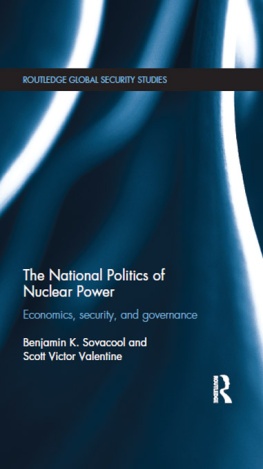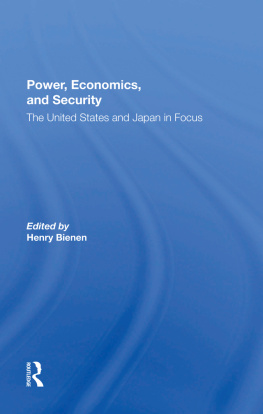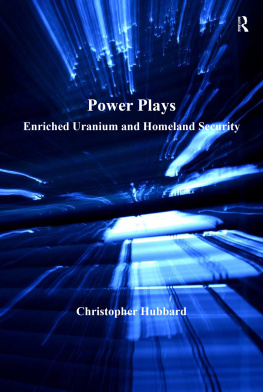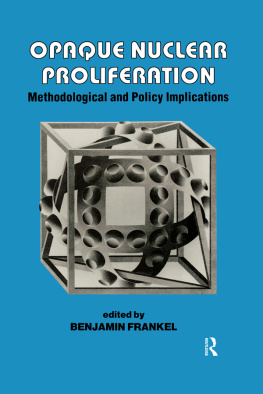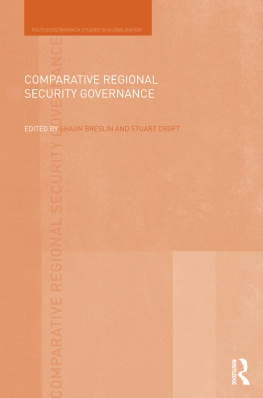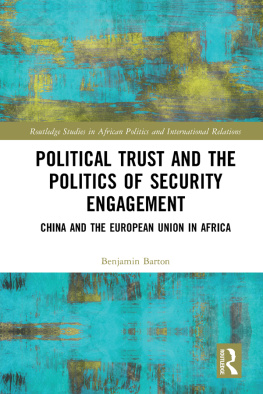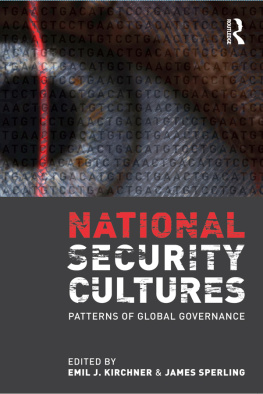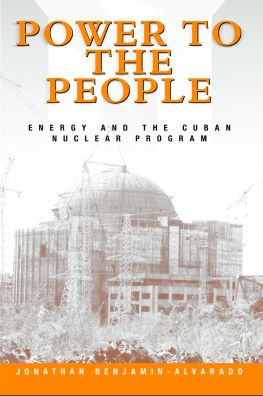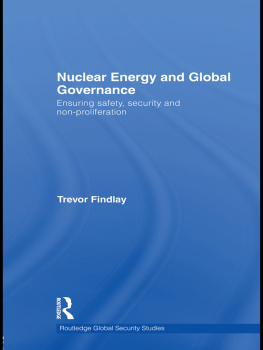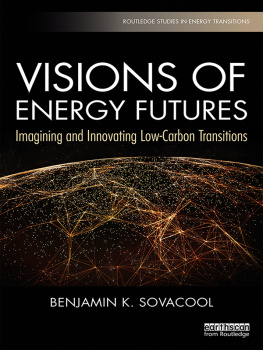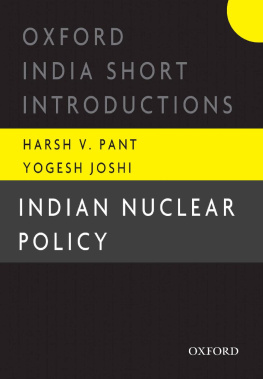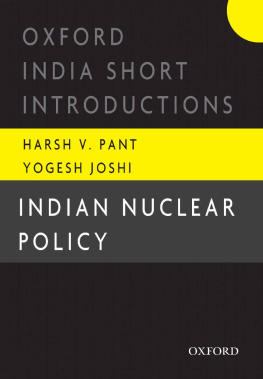Benjamin K. Sovacool - The National Politics of Nuclear Power: Economics, Security, and Governance
Here you can read online Benjamin K. Sovacool - The National Politics of Nuclear Power: Economics, Security, and Governance full text of the book (entire story) in english for free. Download pdf and epub, get meaning, cover and reviews about this ebook. year: 2012, publisher: Routledge, genre: Politics. Description of the work, (preface) as well as reviews are available. Best literature library LitArk.com created for fans of good reading and offers a wide selection of genres:
Romance novel
Science fiction
Adventure
Detective
Science
History
Home and family
Prose
Art
Politics
Computer
Non-fiction
Religion
Business
Children
Humor
Choose a favorite category and find really read worthwhile books. Enjoy immersion in the world of imagination, feel the emotions of the characters or learn something new for yourself, make an fascinating discovery.
- Book:The National Politics of Nuclear Power: Economics, Security, and Governance
- Author:
- Publisher:Routledge
- Genre:
- Year:2012
- Rating:5 / 5
- Favourites:Add to favourites
- Your mark:
- 100
- 1
- 2
- 3
- 4
- 5
The National Politics of Nuclear Power: Economics, Security, and Governance: summary, description and annotation
We offer to read an annotation, description, summary or preface (depends on what the author of the book "The National Politics of Nuclear Power: Economics, Security, and Governance" wrote himself). If you haven't found the necessary information about the book — write in the comments, we will try to find it.
The National Politics of Nuclear Power: Economics, Security, and Governance — read online for free the complete book (whole text) full work
Below is the text of the book, divided by pages. System saving the place of the last page read, allows you to conveniently read the book "The National Politics of Nuclear Power: Economics, Security, and Governance" online for free, without having to search again every time where you left off. Put a bookmark, and you can go to the page where you finished reading at any time.
Font size:
Interval:
Bookmark:
Series Editors: Aaron Karp and Regina Karp
Edited by Morten Bremer Maerli and Sverre Lodgaard
Debating fourth-generation warfare
Terry Terriff, Aaron Karp and Regina Karp
Responding to the challenge
Edited by Ian Bellany
Terrorism, transnational networks, and international security
Edited by James A. Russell and Jim J. Wirtz
Declining states and international conflict
Dong Sun Lee
The militarization of resource management
Edited by Daniel Moran and James A. Russell
Russians, rogues and domestic division
Nick Ritchie
Dealing with fighters in the aftermath of war
Edited by Robert Muggah
The new military operating system
Paul T. Mitchell
Threat inflation since 9/11
Edited by A. Trevor Thrall and Jane K. Cramer
The other war on terror
Yee-Kuang Heng and Kenneth McDonagh
The new disorder
Stephen J. Cimbala
A neoclassical realist view
Mark R. Brawley
Protracted conflict and proliferation
Saira Khan
AFRICOM, terrorism and security challenges
Edited by David J. Francis
Competing visions of world order
Edited by Graeme P. Herd
Intervention, security and identity
Veronica M. Kitchen
Patterns, consequences and management
Jacob Bercovitch and Mikio Oishi
Challenges to the Non-Proliferation Treaty
Edited by Olav Njlstad
Towards a nuclear-weapon-free world?
Sverre Lodgaard
Ensuring safety, security and non-proliferation
Trevor Findlay
A theory and its implications
Birthe Hansen
Regimes, norms and moral progress in international relations
Denise Garcia
Edited by Robert Rauchhaus, Matthew Kroenig and Erik Gartzke
Edited by Jane K. Cramer and A. Trevor Thrall
A theoretical framework
Edited by Robert Stewart-Ingersoll and Derrick Frazier
Nuclear weapons and international order
Font size:
Interval:
Bookmark:
Similar books «The National Politics of Nuclear Power: Economics, Security, and Governance»
Look at similar books to The National Politics of Nuclear Power: Economics, Security, and Governance. We have selected literature similar in name and meaning in the hope of providing readers with more options to find new, interesting, not yet read works.
Discussion, reviews of the book The National Politics of Nuclear Power: Economics, Security, and Governance and just readers' own opinions. Leave your comments, write what you think about the work, its meaning or the main characters. Specify what exactly you liked and what you didn't like, and why you think so.

